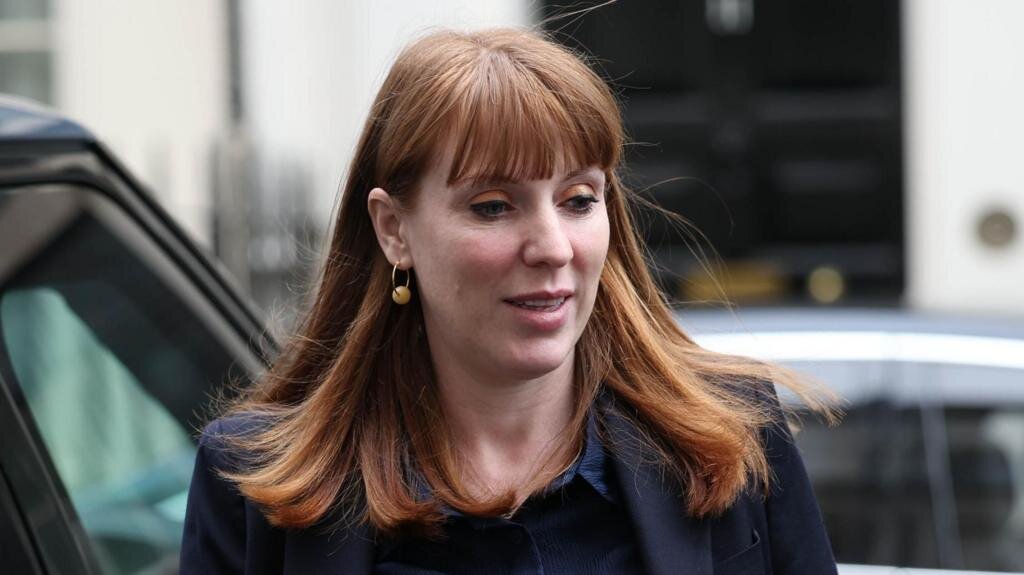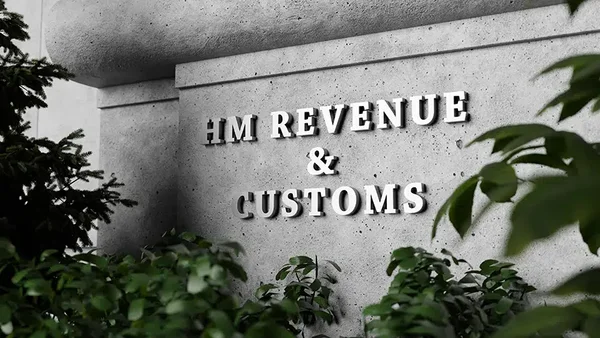Angela Rayner quits as Deputy PM amid tax scandal
The Labour government was thrown into turmoil on 5 September 2025 when Angela Rayner resigned as Deputy Prime Minister after an inquiry found she had broken the Ministerial Code over unpaid property taxes. The departure of one of Labour’s most prominent figures triggered a major cabinet reshuffle, with Prime Minister Keir Starmer moving swiftly to appoint replacements.
In a historic outcome, women now hold all three of the Great Offices of State the Treasury, the Home Office, and the Foreign Office for the first time in British political history. The move was hailed as a symbolic milestone, though it came amid deepening economic pressures and sliding Labour approval ratings.
Why Rayner resigned
Rayner stepped down following a report into her property dealings, which concluded she had underpaid stamp duty land tax on a recent purchase. The controversy had dominated headlines for weeks, undermining her position and putting pressure on Starmer to act.
In her resignation letter, Rayner admitted she had failed to meet the standards expected of senior ministers, though she did not concede deliberate wrongdoing. The Prime Minister’s Office confirmed that Starmer had accepted her resignation. The resignation followed a report that Rayner had underpaid stamp duty on her Hove flat, a tax issue that highlights common challenges taxpayers face with property transactions. Understanding complex property tax rules and how to correctly calculate stamp duty is crucial to avoid costly errors.
Starmer’s cabinet reshuffle
Starmer announced a series of appointments to stabilise his government:
- David Lammy, previously Foreign Secretary, became Deputy Prime Minister and Lord Chancellor/Secretary of State for Justice.
- Yvette Cooper was appointed Foreign Secretary, taking over Lammy’s former role.
- Shabana Mahmood became the new Home Secretary.
- Rachel Reeves remains Chancellor of the Exchequer, responsible for the upcoming 26 November Budget.
- Steve Reed was confirmed as the new Housing Minister, filling one of Rayner’s former portfolios.
This reshuffle reshaped the heart of the government and created a cabinet line-up unprecedented in UK history.
A historic milestone for women in power
For the first time, the three Great Offices below the Prime Minister the Treasury, the Home Office, and the Foreign Office are all held by women. Reeves, Cooper, and Mahmood now occupy positions traditionally dominated by men.
Political analysts described the appointments as “historic and symbolically powerful,” though warned that symbolism alone will not repair the damage caused by the scandal.

A major loss for Labour
Rayner’s departure is seen as a significant blow for Labour. Rising from a working-class background, leaving school at 16, and becoming an MP in 2015, she had been widely regarded as one of the party’s most relatable and dynamic figures.
Her story shaped by union activism and a rapid rise in politics had made her a contender for future leadership. Her resignation has left a gaping hole in the government’s credibility and weakened Starmer’s authority.
Mounting political pressure
The timing of Rayner’s resignation could not be worse for Starmer. Labour is already struggling with sluggish economic growth, controversies over welfare cuts, and ongoing debates over immigration policy.
Opposition parties have seized on the turmoil. Right-wing critics argue the government is losing control, while speculation grows about Labour’s weakening poll numbers. Though exact figures vary, reports suggest Labour’s support has dipped significantly since taking power in 2024. The resignation intensified political scrutiny just ahead of the Autumn Budget, with tax transparency and compliance at the heart of public trust debates. Businesses and individuals alike must stay informed about evolving tax obligations to shield themselves from similar pitfalls.
What comes next
With Rayner gone, Starmer must now steady his cabinet and refocus on the looming Autumn Budget. Reeves faces the task of reassuring voters and investors that the government can deliver stability despite internal turmoil.
For Starmer, the challenge is twofold: maintaining unity within Labour and convincing the public that his government remains capable of delivering on its promises. Whether the historic reshuffle will be remembered as a turning point or as a brief distraction from crisis remains to be seen.

Final Summary
Angela Rayner’s resignation over a tax controversy has dealt Labour one of its most serious blows since taking office. While Starmer’s rapid reshuffle has created a historic first with women leading all three Great Offices of State the achievement cannot disguise the deeper cracks in his government.
Rayner was not just a deputy but a symbol of Labour’s identity, her departure leaving a political and cultural vacuum. With economic challenges mounting and political rivals circling, the government faces one of its most precarious moments yet.
In response to the crisis, Starmer restructured his cabinet to restore confidence and stability in government leadership. For authoritative updates on ministerial appointments and official government statements, visit the UK Government’s Cabinet Office page on ministerial changes and cabinet reshuffles
As Reeves prepares her crucial Budget in November, the reshuffle may buy Starmer time. But it also underlines the fragility of his leadership, raising questions about whether Labour can hold the trust of the country as pressures intensify.











